Health Study students conducted analyses of global health crises
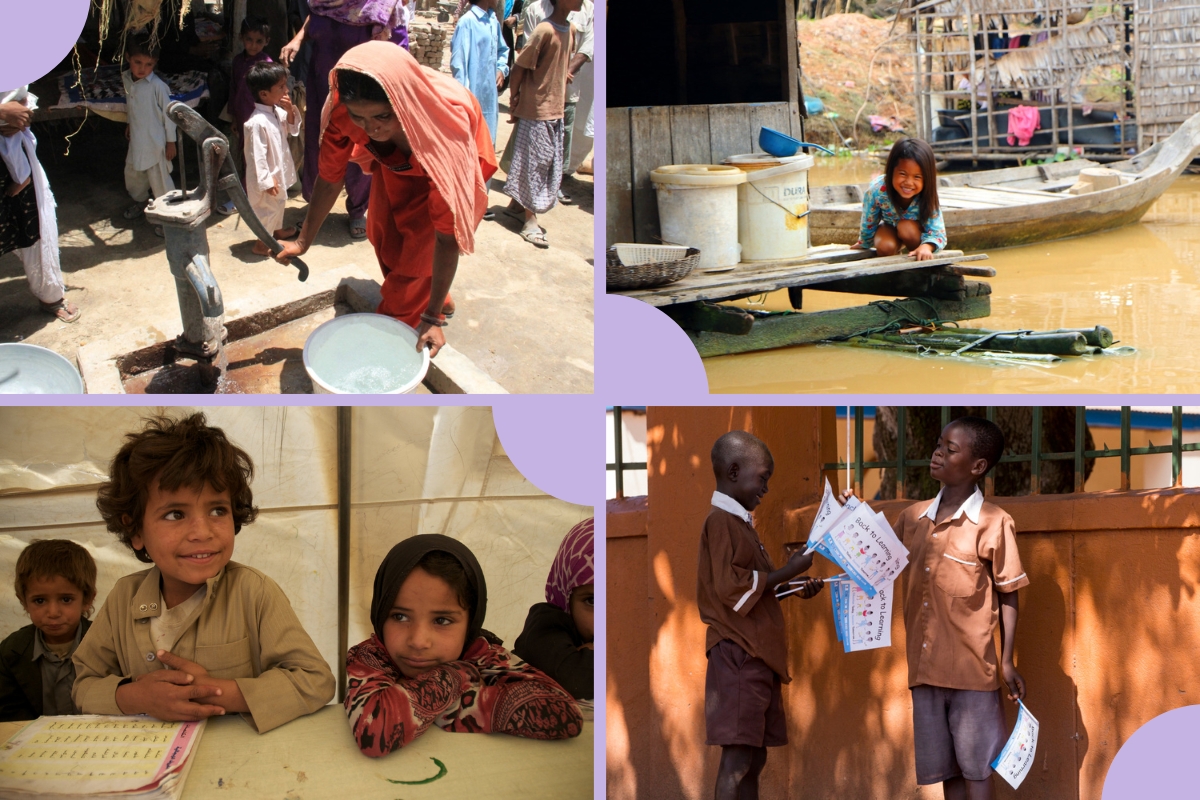
Students from Dr. Mabel Ezeonwu‘s global health practice course, B HLTH 301, conducted several investigations about prevailing environmental issues around the globe. B HLTH 301 is a CELR class that offers an introduction to global health issues through hands-on experiences in the form of community-eased learning projects (CELR), connected online international learning (COIL) opportunities, or both. The course aims to cultivate critical analysis skills and international perspectives to examine global health systems, geographies, and professional roles around the globe.
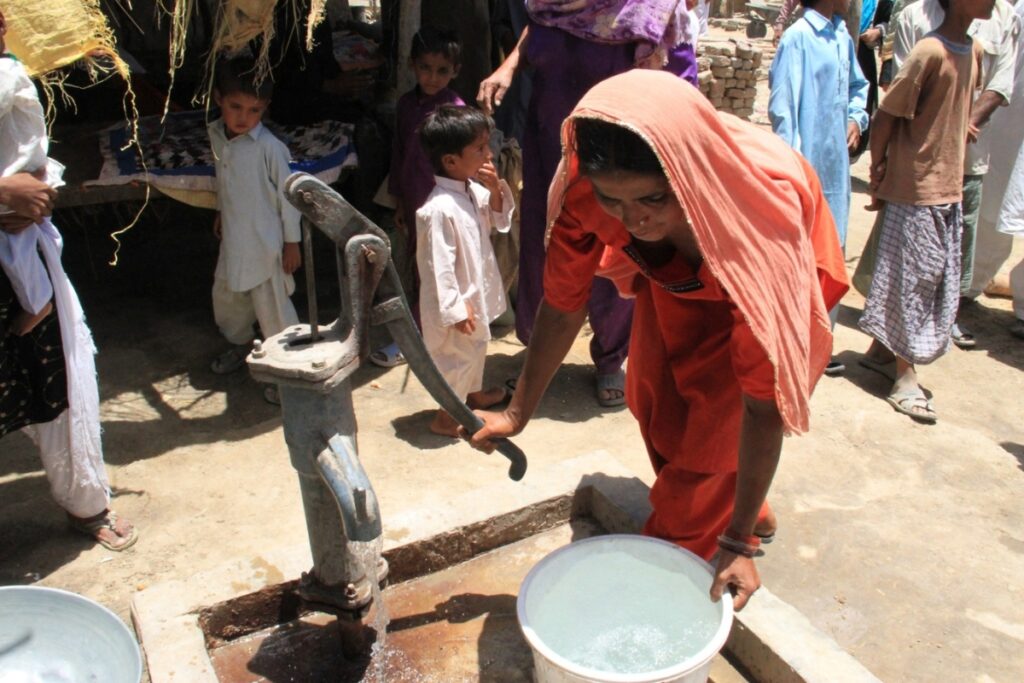
The impact of inadequate wash conditions on poverty
Public health crises have chronically threatened the basic human rights and economy of low and middle-income communities, and Pakistan is one of the victims. In order to mitigate the health issues, Pakistan conducted a series of actions, including WASH policies, to raise awareness and provide sanitized water for its citizens.
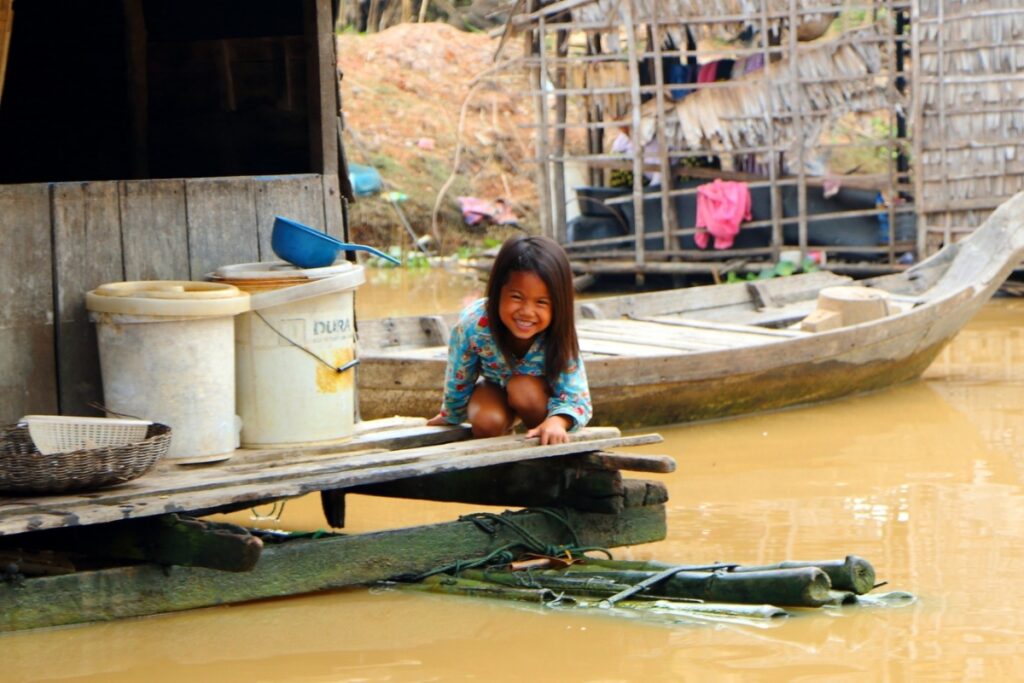
Transformative gains in water and sanitation across Asia
After the Water, Sanitation, and Hygiene (WASH) initiatives, several Asian countries have greatly improved their hygiene practices and enhanced sanitation infrastructure across the nation. Cross-border alliances and private sector partnerships flourish to assist communities with safe sanitation facilities and secure every individual with a fundamental right to access clean water.
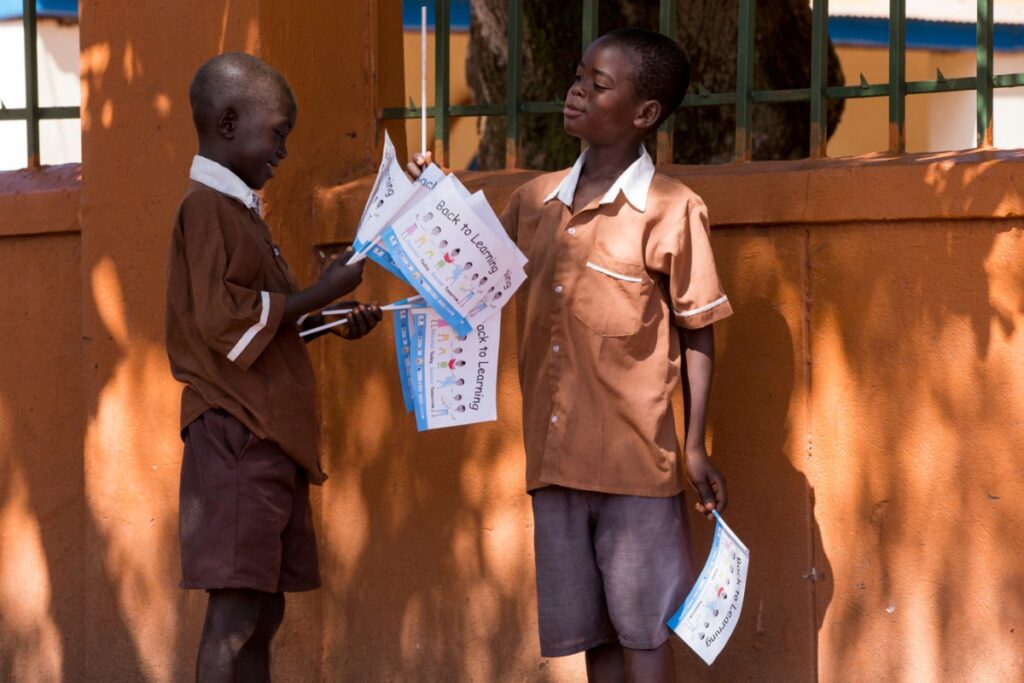
Addressing education poverty in sub-Saharan Africa
Education poverty has been a crucial issue in sub-Saharan Africa due to textbook scarcity, lack of qualified lecturers, and low-quality education circumstances. Several international organizations, like the UN and the World Bank, have conducted projects like “Mali Improving Education Quality and Results for All” to promote lower- and upper-secondary education for children and broaden their career opportunities with acquired knowledge.
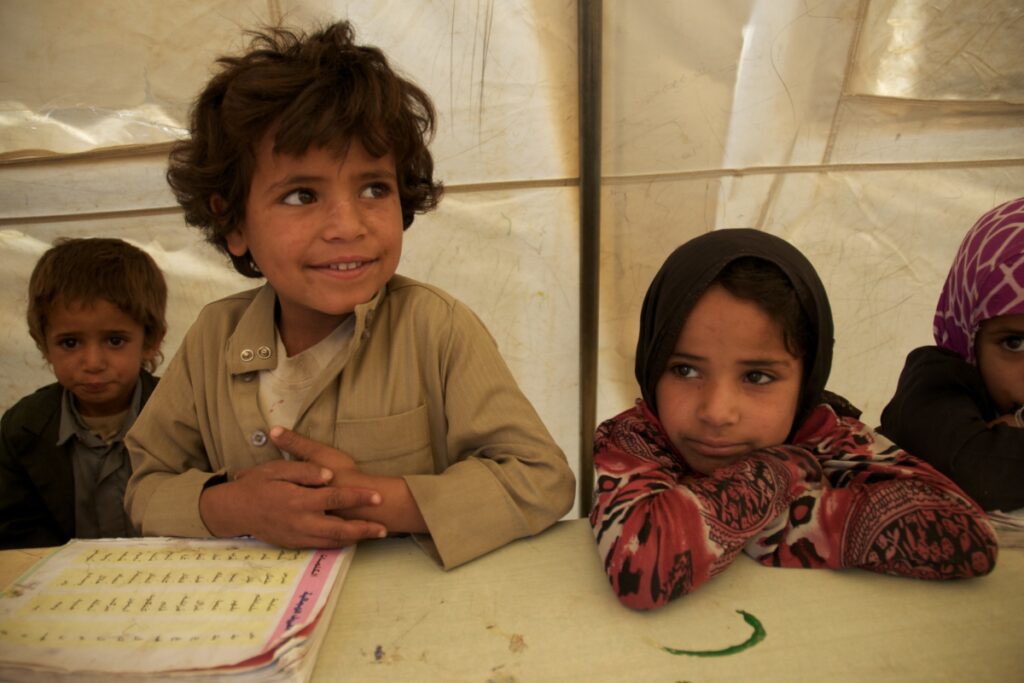
The Yemen crisis: The largest global humanitarian crisis
The continuous civil war chronically threatens food security and the economy in Yemen, endangering its people with resource scarcity and health crises. UNICEF has provided abundant funds to secure food supplies and spread awareness internationally for assisting residents with proper medication and education.
